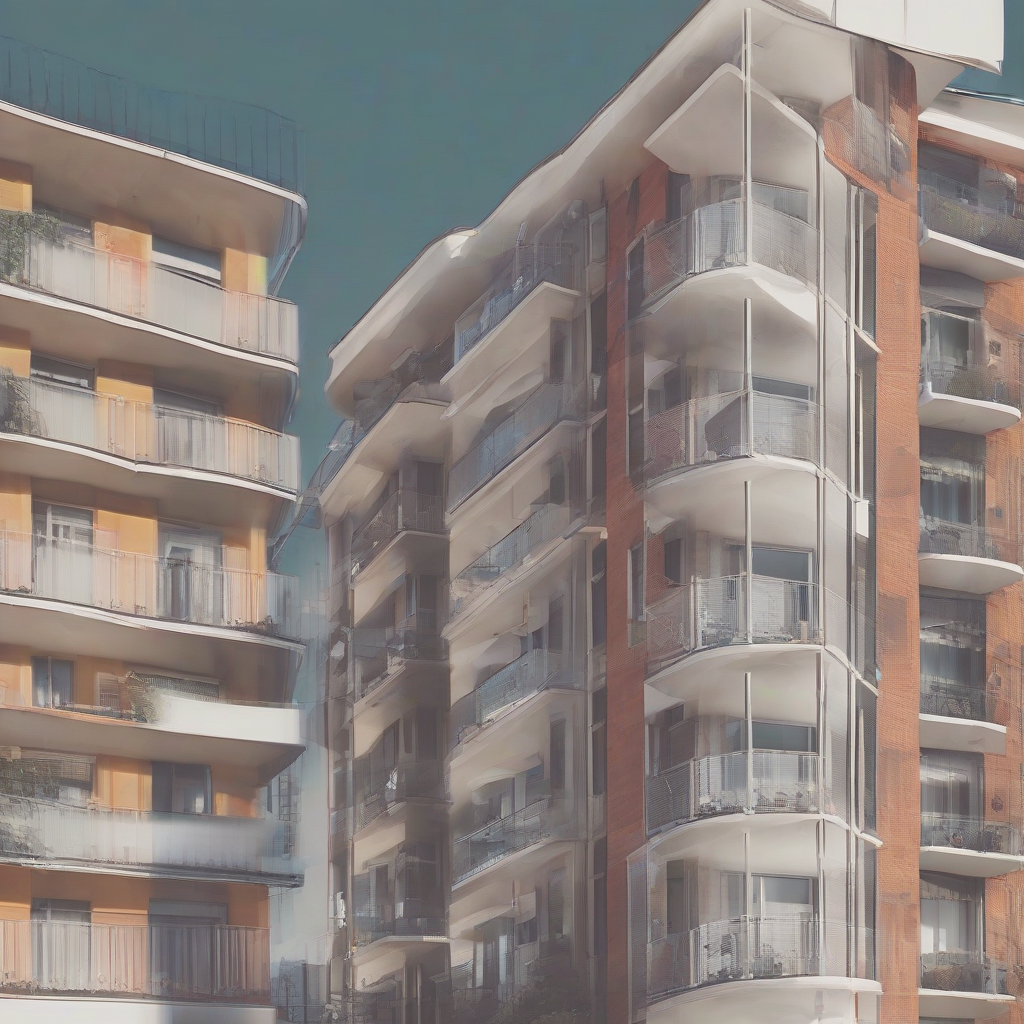Apartment Security: A Comprehensive Guide to Protecting Your Home
Apartment living offers convenience and often a vibrant community, but it also presents unique security challenges. Unlike houses, you share walls, common areas, and potentially less control over your immediate surroundings. This guide provides a comprehensive overview of effective security measures to protect your apartment and belongings, covering everything from proactive strategies to technological solutions.
Assessing Your Apartment’s Vulnerability
Before implementing any security measures, it’s crucial to assess your apartment’s vulnerabilities. Consider these factors:
- Building Security: Are there secure entryways, functioning security cameras, and well-lit common areas? What is the building’s policy on visitor access and package delivery?
- Neighbor Awareness: Do you know your neighbors? Establishing a friendly rapport can create a watchful community, increasing the likelihood of someone noticing suspicious activity.
- Window and Door Security: Are your windows and doors equipped with strong locks and secure frames? Can they be easily forced open?
- Ground Floor Location: Ground-floor apartments are generally more vulnerable to break-ins. Consider additional security measures if you live on the ground floor.
- Visibility: Is your apartment visible from the street or other areas? Poor visibility can make your apartment an easier target.
Strengthening Physical Security
Physical security measures are the first line of defense against intruders. Here are some key strategies:
- Reinforce Doors and Windows: Install high-quality deadbolt locks on all exterior doors. Consider reinforcing door frames and adding window locks or security film to prevent forced entry.
- Install a Peephole or Door Viewer: A peephole allows you to identify visitors before opening the door, enhancing safety and preventing unwanted entry.
- Use a Security Chain or Door Bar: These provide an extra layer of security, allowing you to partially open the door while remaining protected.
- Exterior Lighting: Well-lit areas deter criminals. Consider installing motion-sensor lights outside your apartment entrance.
- Window Treatments: Blinds or curtains provide privacy and can deter potential intruders who might see valuables inside.
- Secure Balconies and Patios: If you have a balcony or patio, ensure it’s secure and difficult to access from outside.
Utilizing Technology for Enhanced Security
Technology plays a vital role in modern apartment security. Consider these options:
- Smart Locks: Smart locks offer keyless entry via keypad, smartphone app, or fingerprint scanner. They allow you to grant access to others remotely and monitor entry activity.
- Security Cameras: Indoor and outdoor security cameras act as a visual deterrent and provide recorded evidence in case of a break-in. Consider cameras with motion detection and cloud storage.
- Smart Home Security Systems: These systems integrate various security devices, including cameras, sensors, and smart locks, often with remote monitoring and alarm capabilities.
- Motion Detectors: Motion detectors can trigger alarms or notifications when unexpected movement is detected within your apartment.
- Smoke and Carbon Monoxide Detectors: These are crucial for safety, even beyond security, ensuring early detection of potential hazards.
- Door and Window Sensors: These sensors alert you if a door or window is opened unexpectedly, providing real-time notifications.
Safeguarding Your Belongings
Beyond physical and technological security, protecting your belongings is equally important:
- Keep Valuables Out of Sight: Don’t leave expensive items visible from windows or doors. Store valuables in a secure location, such as a safe or locked cabinet.
- Record Serial Numbers: Document the serial numbers of your valuable electronics and other items. This helps with insurance claims in case of theft.
- Use a Safe or Security Box: A safe or security box provides secure storage for important documents, jewelry, and other valuables.
- Don’t Leave Spare Keys Hidden Outside: Common hiding spots are easily found by burglars. Give spare keys only to trusted individuals.
- Be Cautious with Social Media: Avoid posting about your travels or absences on social media, as this can alert potential criminals.
- Secure Your Mail and Packages: Retrieve mail and packages promptly to prevent theft. Consider having packages delivered to a secure location or a neighbor’s apartment.
Building a Secure Community
Community involvement is a vital component of apartment security:
- Communicate with Your Landlord or Building Management: Report any security concerns or maintenance issues promptly. Work with your landlord to improve building security measures.
- Establish Relationships with Neighbors: A strong community network can deter crime and provide mutual support.
- Participate in Building Security Initiatives: If your building has a security committee or similar initiatives, participate actively.
- Report Suspicious Activity: Immediately report any suspicious activity to building management or the police.
Emergency Preparedness
Having an emergency plan in place is essential:
- Develop an Evacuation Plan: Know the best escape routes from your apartment in case of fire or other emergencies.
- Establish a Communication Plan: Designate an out-of-state contact person to serve as a central point of contact in case of emergencies.
- Create an Emergency Kit: Keep an emergency kit readily accessible, including essential supplies like water, non-perishable food, a flashlight, and a first-aid kit.
- Know Your Building’s Emergency Procedures: Familiarize yourself with your building’s emergency procedures and contact information for building management and emergency services.
Understanding Your Lease and Responsibilities
Review your lease agreement carefully to understand your responsibilities regarding security and what your landlord is obligated to provide.
- Landlord Responsibilities: Typically, landlords are responsible for maintaining common areas and providing adequate building security, but specific responsibilities vary by location and lease terms.
- Tenant Responsibilities: Tenants are typically responsible for securing their individual apartments and reporting any security concerns.
Insurance Considerations
Protecting your belongings with adequate insurance is crucial:
- Renters Insurance: Renters insurance covers your personal belongings in case of theft, damage, or other losses. It’s a relatively inexpensive way to protect your investment.
- Inventory Your Possessions: Create a detailed inventory of your belongings, including photos or videos, to assist with insurance claims.
Conclusion (Note: As per instructions, this section is omitted)
